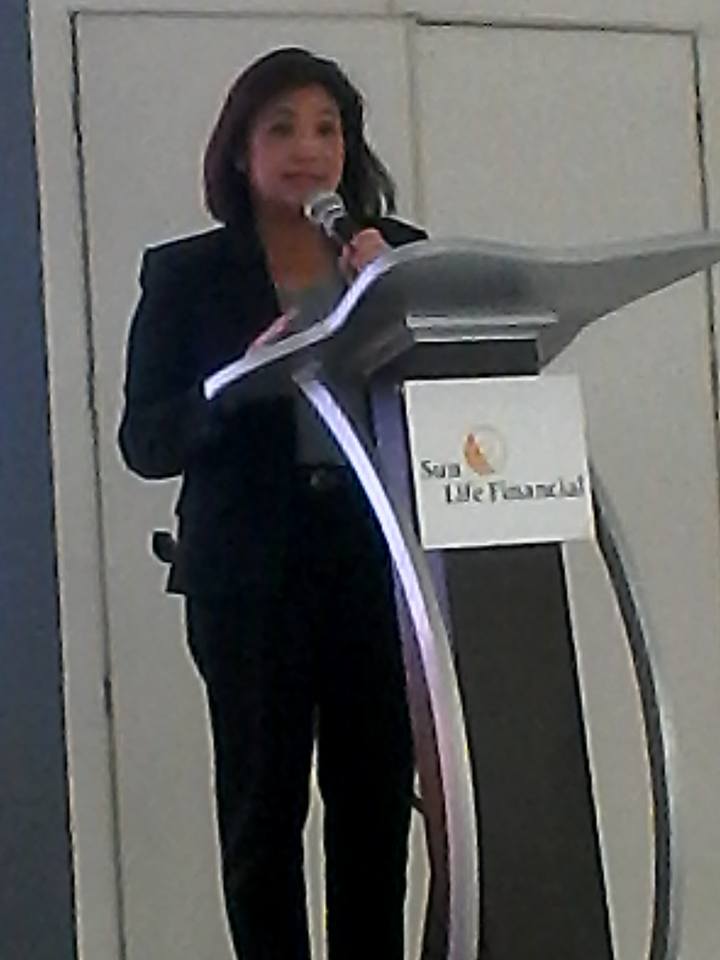by Maria Eleanor E. Valeros, #newmedia specialist
CEBU CITY, PHILIPPINES (Feb. 25, 2015) — Boomers wane.Millennials wax.
Changing patterns in consumer behavior, especially on dietary supplements, have now led to building of business empires that involve even those without full medical knowledge or its allied sciences.In attempts to push further in the market certain products, the truth supplements have on our health has become muddled by unproven claims and exaggerated guaranteed results.
Such leaves a wide misconception on what exactly it is supplements can do for us with all those thousands of brands ranging in different levels of quality, target market, manufacturing processes, among many concerns. How is a consumer to choose which supplements to take, knowing that not all food supplements are made the same?
In the US alone, dietary supplementation is a $32-billion industry being a commodity of over 180 million Americans daily. In the Philippines, there’s a growing consumer base, as observed, because of the business aspect of “living healthy.” Distributors may apply direct sales scheme but still involving networking that strengthens the ethos to “live in health, grow in wealth.”
And an obvious lack of funds for nationwide, general healthcare coverage, consumers easily ride on the “an ounce of prevention is worth a pound of cure” axiom underlined by dealers/distributors to push nutraceuticals and or herbal products.
However, American pharmacognosy expert Dr. Daniel Fabricant of the Food and Drug Administration and chief executive officer of Natural Products Association, accentuated that before you pop up a pill or two into your mouth, cross-check information on the label whether these are facts or plain claims.
This writer shared, in a forum with Dr. Fabricant here recently, that even broadcast journalists here have already been used as product endorsers of herbal supplements to increase probable consumption. In fact, this writer is turned off already, as major radio programs here carry already an overload of dietary supplementation-related commercials. All of these have easily waived responsibility by highlighting the “no approved therapeutic claims” note.
Dr. Fabricant, indeed, warned consumers to be wary about what supplements to take in. “You should be guided with your purchase. So get checked by your doctor first. For example, you may need Omega 3 fatty acids but may have possible reactions to fish allergens.”
Marine resources can also be agents of possible contaminants like mercury, the doctor added.
Other things to check out, before you believe in promises of certain products, are clinical trials. “Science doesn’t always work in sound bites. Trials are changing. Google-ing doesn’t always constitute the totality of science, so be careful with news and reports, posts and blogs that flood online.”
There’s also the difference between a genetically engineered and a genetically modified organism. So the sources of the products must be traced too. It should be important to be informed whether the contents are of natural sources or synthetic.
Another is that since some vitamins can be produced by the body, ask how much you do need daily to supplement. Carnitine, an amino acid, can be sourced from dairy and lamb while Alpha Lipoic Acid, which should be 300 mg/a day, can be sourced from potatoes, yeast, liver, kidney, spinach, and broccoli.
On the other hand, this writer learned from local internist Dr. Emmanuel Tangpuz, of the Visayas Community Hospital, in a prior interview, that there is such a thing as an overdose of B-complex since the body can actually produce this type of vitamin.Thus the need to be checked medically for blood chemistry, diet and nutrition and other vital aspects to bodily health.
The forum is a regular event of Healthy Options, a company that empowers people to take charge of their health by saying no to preservatives, additives, and artificial ingredients. Offering a forum as such is part of its policies to give consumers better choices for a better life.
Pharmacognosy, meanwhile, is the study of drugs derived from plants and animals. Dr. Fabricant has insider information on the nutritional supplements trade, including the controversial challenges and issues, having spent several years as FDA’s chief supplements enforcer. ###

